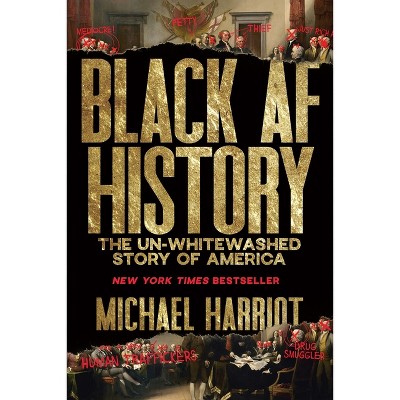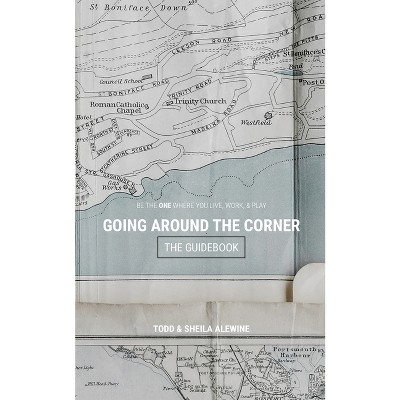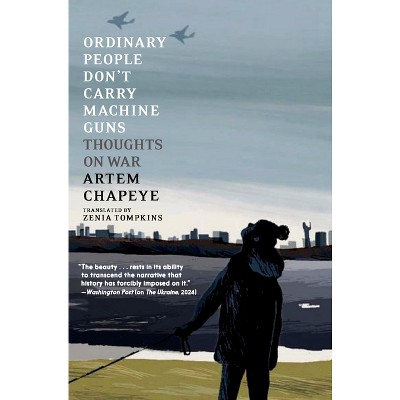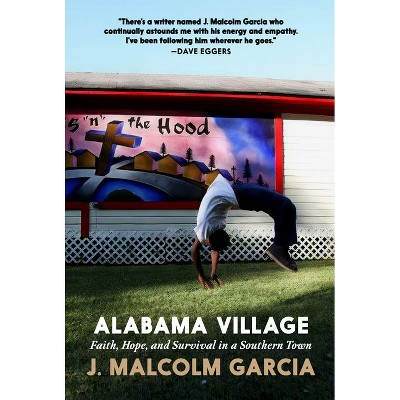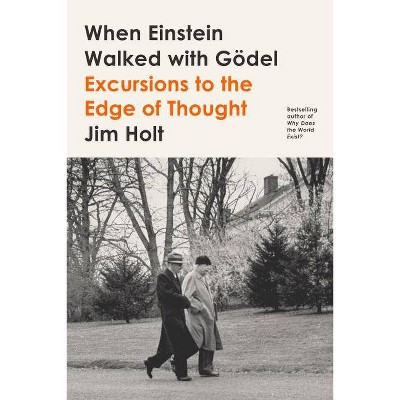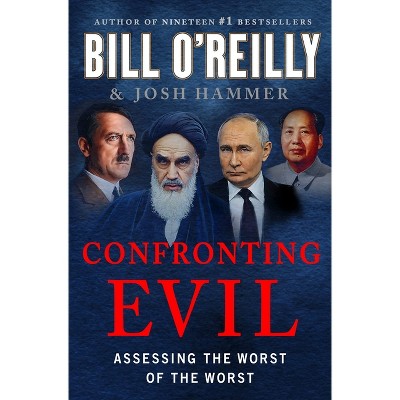
Going Around - by Murray Kempton (Paperback)
$16.60Save $13.35 (45% off)
In Stock

Eligible for registries and wish lists
About this item
Additional product information and recommendations
Frequently bought together
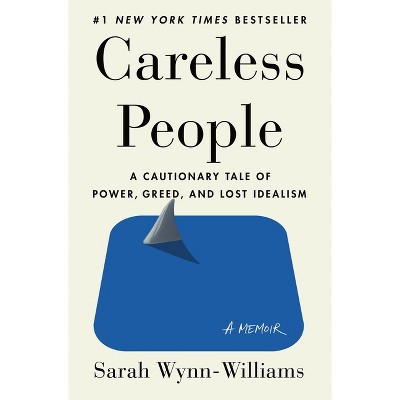
$18.50 - $19.56
MSRP $21.99 - $32.99
5 out of 5 stars with 7 ratings
Related Categories
Trending History
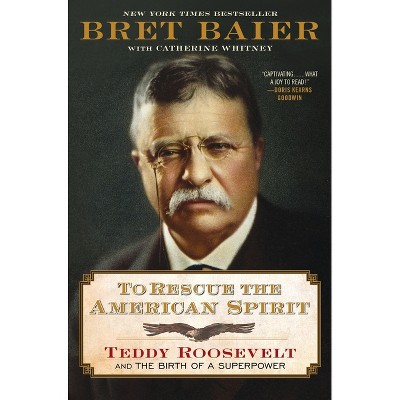
$18.50 - $21.99
MSRP $21.99 - $32.99 Lower price on select items
5 out of 5 stars with 1 ratings

$7.14
Save $5 when you spend $25 on select books
4.7 out of 5 stars with 6 ratings
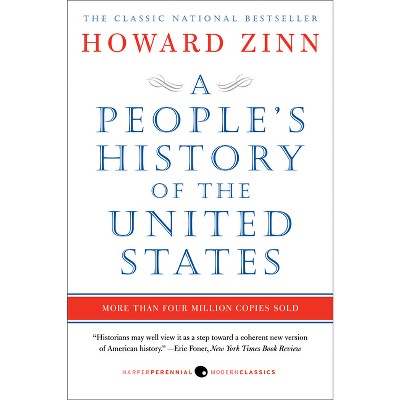
$17.98 - $26.69
MSRP $23.99 - $45.00
5 out of 5 stars with 7 ratings
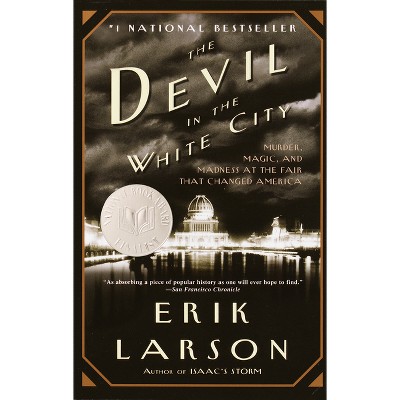
$14.80
Save $5 when you spend $25 on select books
4 out of 5 stars with 4 ratings
